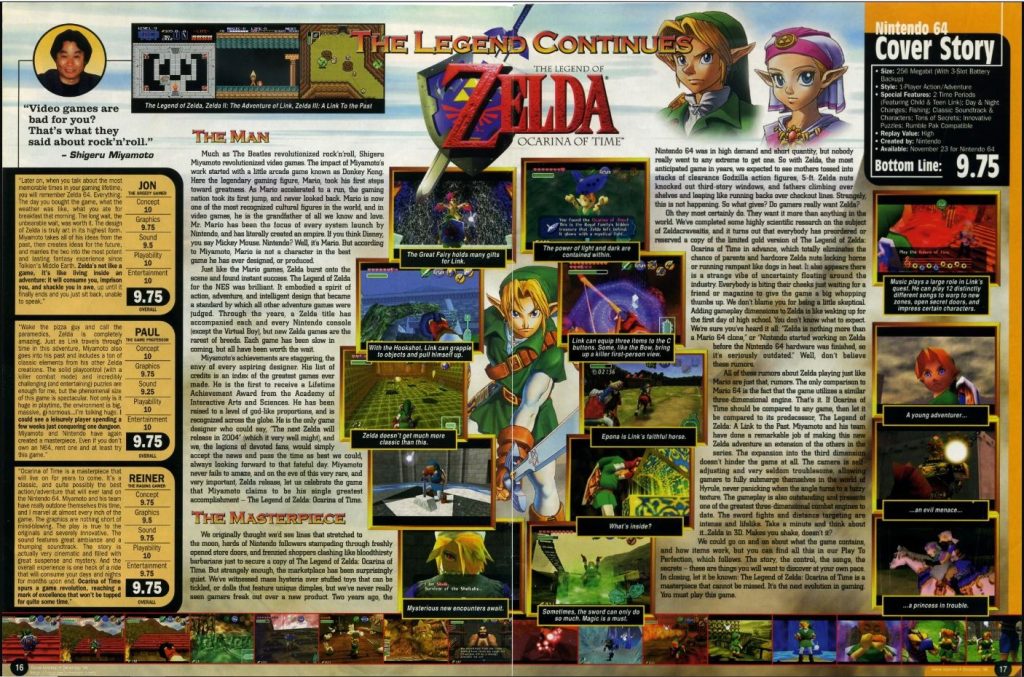Today is a special day for the nation where I was born. 25 of April represents the Anniversary of Italy’s Liberation. It’s a national holiday that commemorates the culmination of the liberation of Italy from German occupation and the Italian civil war in the latter phase of World War II.
Today I want to dedicate a post to 3 Italians who are contributing to making a great industry. I want to share with you 3 talks that are available for free and online, that prove the Italian contribution to our fantastic micro-world where lots of people would work.
The first talk is by Riccardo Zacconi, who years ago founded King (nowadays part of Activision/Blizzard). I remember having seen this talk years ago and it made me dream about working for King.
The second talk is an interview with the solo-dev, creator of Vampire Survivors one of the top indie games of last year. Luca Galante created a simple game with lore that is not possible to understand if you’re not an Italian, but it’s SO FUNNY if you are. Clerici, Dommario, Rottin’Ghoul are all references to the Italian trash culture and irony.
The last talk is with Massimo Maietti, one of the creators of Monopoly GO! which is the last huge success in the video games industry. I like to recognize in this person something very Italian, the connection we always make with culture and history in everything we make.
What the 3 have in common?
- They are all Italians
- They all had to live out of Italy
- They made success in Angloamerican environment (curiously the Angloamericans helped a lot during liberation)
- They all came from gambling games, like me. I will always say it: gambling games can be bad to you, I respect that. But they put you in contact with something very innate in the human compulsion. It’s all about amigdala!

